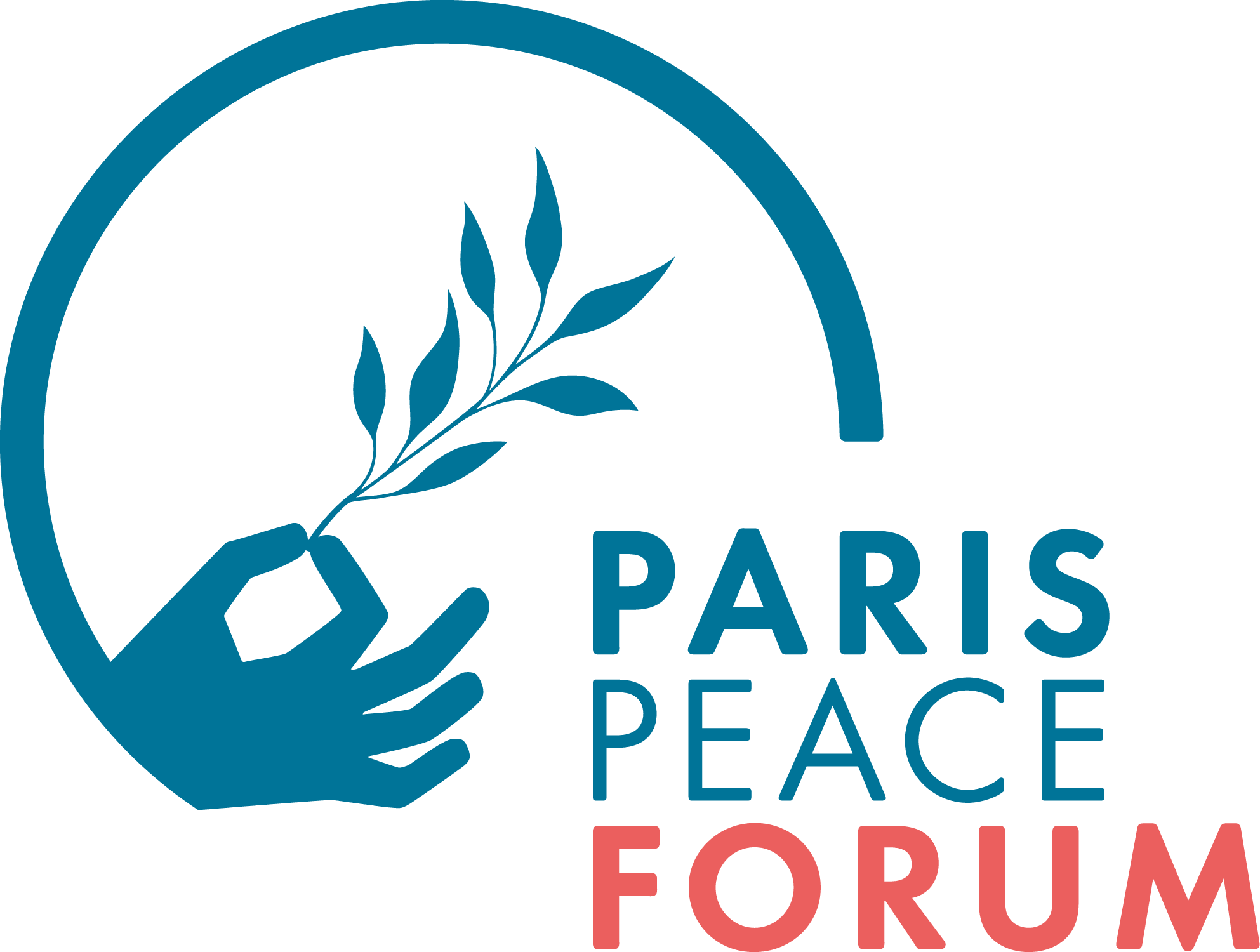GCSP Side Event Paris Peace Forum
An event brought to you by the GCSP Alumni and Community Hub France
In an era defined by accelerating climate change, the traditional boundaries of peace and security are shifting. From rising sea levels to desertification, to extreme weather events, climate instability is no longer just an environmental issue, it becomes a geopolitical and security imperative. This side event, organised within the framework of the Paris Peace Forum’s 2025 theme “New Coalitions for Peace, People, and the Planet,” will explore how diplomacy and defense must adapt to the realities of a warming planet amidst massive geopolitical shifts.
As climate shocks exacerbate tensions within and between states, the world needs new models of cooperation. The panel will bring together voices from diplomacy and defense to spotlight adaptation and explore cooperation mechanisms across sectors, disciplines, and borders to strenthen collective resilience.
The session will focus on the following discussion axes:
- Integrating climate vulnerability into national security.
- How climate instability reshapes defense planning and military cooperation.
- What are current and future pragmatic avenues for enhanced cooperation on climate security?
Contribution 1 - “Integrating Climate Vulnerability into National Security”
Speaker: Mr Nestor Alfonzo Santamaria, Senior Advisor for Risk Governance, Public Governance Directorate, OECD
- Theme: Governance models and diplomatic tools to address climate-related risks within national and multilateral security frameworks.
Key Ideas:
- Climate change reshapes geopolitical realities; its impacts are increasingly recognised as critical security challenges.
- Embedding Climate-Security Foresight into national, regional, and institutional strategies.
Contribution 2 – Geostrategic/Defense Perspective
Speaker: Mr Bastien Alex, Climate Advisor to the Major General of the French Armed Forces
- Theme: How climate instability reshapes defense planning and military cooperation.
- Key Ideas:
- Armed forces preparing for climate-driven operations (disaster response, humanitarian relief, climate migration).
- Military bases, logistics, and infrastructure threatened by rising seas/extreme weather.
- Climate cooperation as a new vector for defense diplomacy (e.g., joint exercises, humanitarian missions).
Contribution 3 - Sand, Water, and Peace: Pathways to Regional Cooperation in the Middle East
Speaker: Ms Shirin Golkar, Secretary General, Swiss MENA Chamber of Commerce
- Theme: How climate-driven environmental stressors (water scarcity, drying wetlands, sand and dust storms) disrupt security and stability in the Middle East.
- Key Ideas:
- “Sand and dust diplomacy” as a cross-border cooperation framework.
- Transboundary water disputes as emerging political flashpoints.
- Coalitions across defense and diplomacy to strengthen resilience and early warning systems.
Moderator:
- Ms Céline Giuliani, Strategist, Global Governance and Policymaking
Welcome:
- Ms Isabelle Gillet, Head, Alumni & Community Engagement Office, GCSP
Conference Lead:
- Ms Manon Frezouls, Institutional Relations Manager, Youth Negotiators Academy

